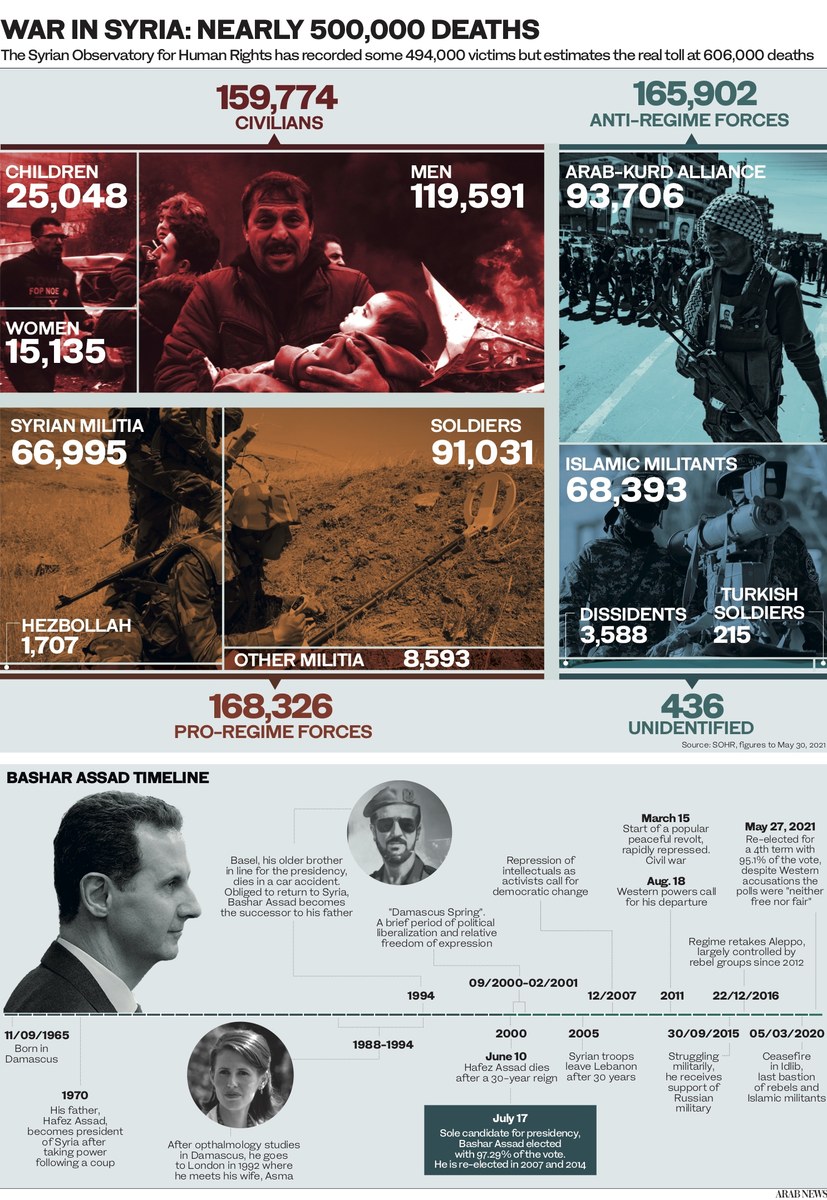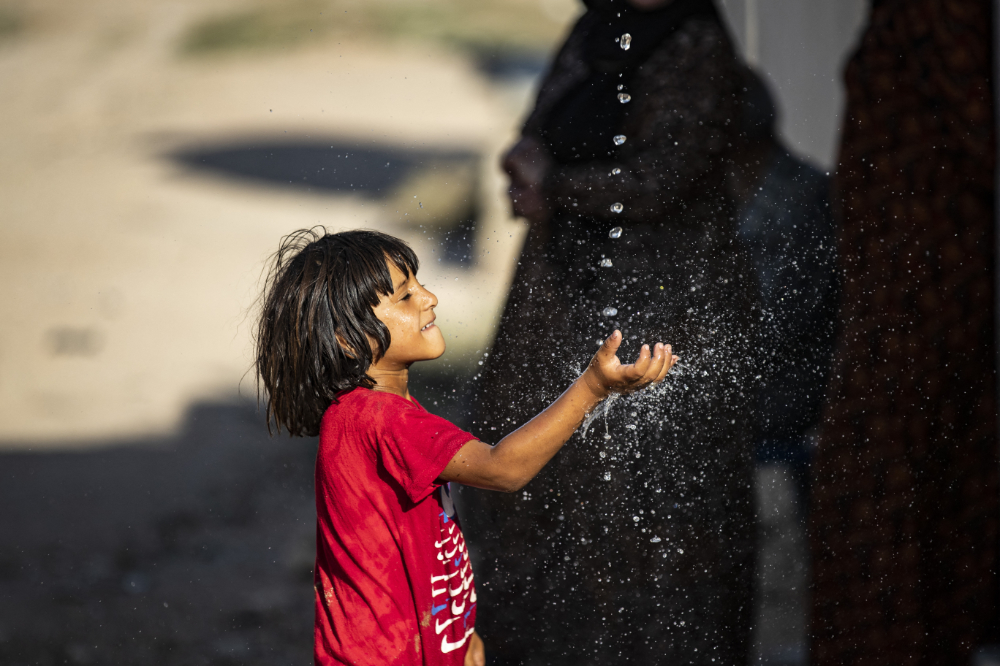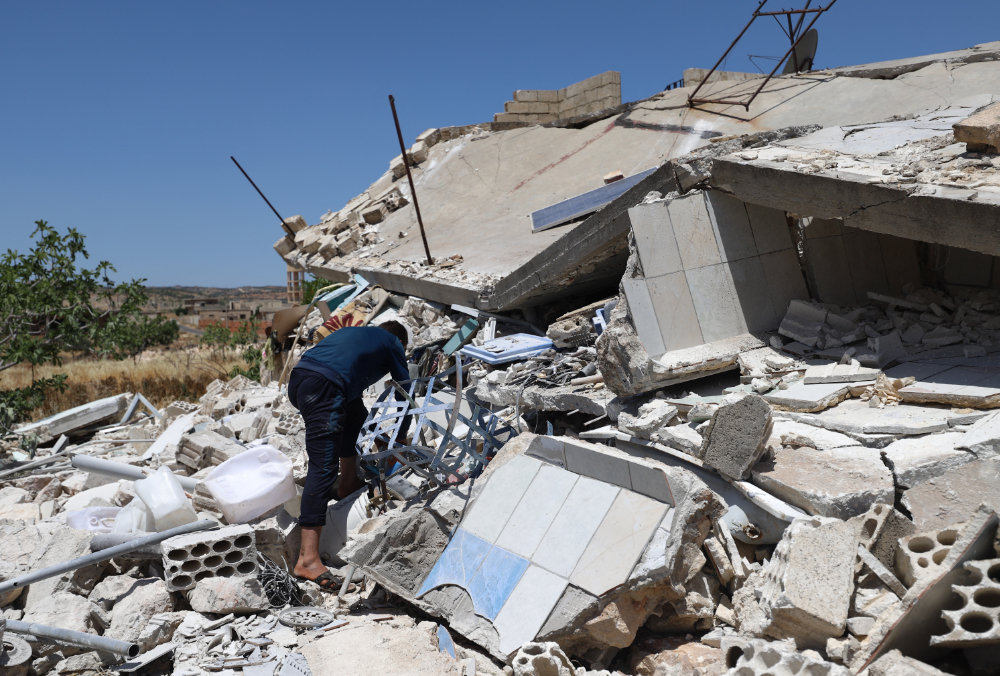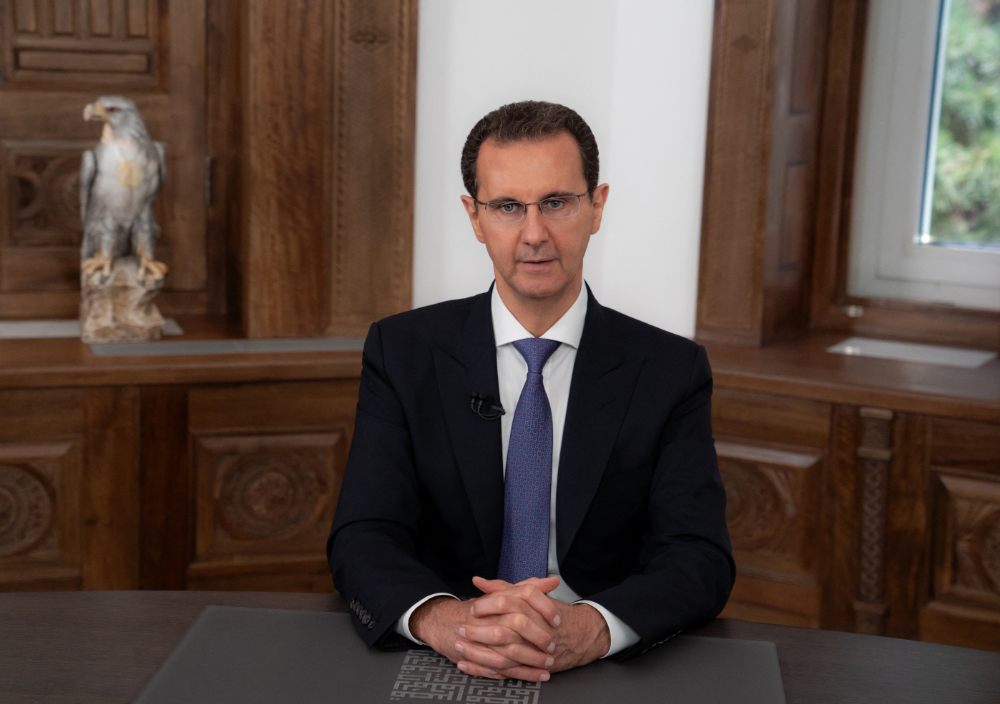Jordan king in talks with Abbas ahead of Biden summit
AMMAN: Palestinian President Mahmoud Abbas held talks on Wednesday with King Abdullah before the Jordanian monarch’s key visit to Washington.
The king will be the first Arab leader to meet at the White House with President Joe Biden and his team.
Two Jordanian army helicopters flew to Ramallah to transport Abbas and his team to the talks.
After a one-on-one meeting in the presence of Crown Prince Hussein, Jordanian and Palestinian teams joined their leaders.
Palestinian Foreign Minister Riyad Malki, senior Fatah official Hussein Sheikh, Palestinian intelligence service chief Majed Faraj, and senior diplomatic adviser Majdi Khalidi attended the meeting.
On the Jordanian side, Prime Minister Bisher Khasawneh, Foreign Minister Ayman Safadi, General Intelligence Director Ahmad Hosni and other officials were present, according to the Palestinian news agency Wafa.
Jordan’s Petra news agency said the king reiterated Jordan’s support for Palestinians “to obtain their just and legitimate rights in establishing their independent, sovereign and viable state, on the June 4, 1967 borders with East Jerusalem as its capital.”
King Abdullah stressed the need to translate the cease-fire agreement in Gaza into a permanent truce in order to pave the way for Palestinian rights, Petra said.
Abbas highlighted Jordan’s critical role in defending the rights of Palestinians in international circles.
Samir Habashneh, a former Jordanian interior minister, told Arab News that the Biden administration has yet to decide on its approach to the Palestinian conflict.
“For sure, it is different from the Trump administration’s direction and for sure it is in support of the two-state solution, but it hasn’t yet identified the alternative,” he said.
Habashneh, a leading member of a reform committee set up by King Abdullah, said that in a recent meeting the monarch stressed the importance of support for the two-state solution.
“The king’s strong opposition to the Trump plan played a major role in its defeat, but we need to work out the mechanism for how to move forward,” he said.
Habashneh said that he hopes Jordan can influence a Palestinian reconciliation.
“If I can whisper in the ears of our Palestinian brethren, it would be to move fast in the reconciliation process in order to block Israeli efforts to avoid dealing with the Palestinian leadership.”
Hazem Kawasmi, a Jerusalem-based political activist, told Arab News that the situation is quickly deteriorating and there is a need to “find ways to put out all these fires.”
He said: “Things in Jerusalem, and especially in Silwan, with tens of homes slated for destruction, are worrying as is the internal Palestinian protests in light of the death of Nizar Banat and the attacks on peaceful Palestinian protesters by the Palestinian security.”
The family of Banat, a prominent critic of the Palestinian Authority, who died in detention on June 24, said that security forces broke into his house in the occupied West Bank city of Hebron and hit him repeatedly with a metal rod before arresting him.
Oraib Rantawi, director of Al-Quds Center for Political Affairs, told Arab News that the Biden administration is stepping up its coordination with Jordan and Egypt, while “Trump and his people gave preference to the Gulf countries, and disregarded Jordan and Egypt.”
Rantawi said: “I expect that the internal situation is worrying Jordan, and Abbas will most certainly receive friendly advice from King Abdullah on the need to address internal issues that have weakened Abbas and his administration.”
Lamis Andoni, a longtime observer of Jordanian-Palestinian relations, told Arab News: “What is happening in Jerusalem, and its effects on the region and the future, will be an important topic discussed between them.”
Trump’s policies were a major problem for both Jordan and Palestine, she added.
“The policies of the previous US administration gave legitimacy to Israel to increase its expansion into Palestinian lands,” Andoni said.
She said that the Jordan visit is intended to strengthen Abbas’ standing amid growing protests and criticism directed at the Palestinian leader, she said.
“He needs to appear to be still representing the Palestinian Authority.”
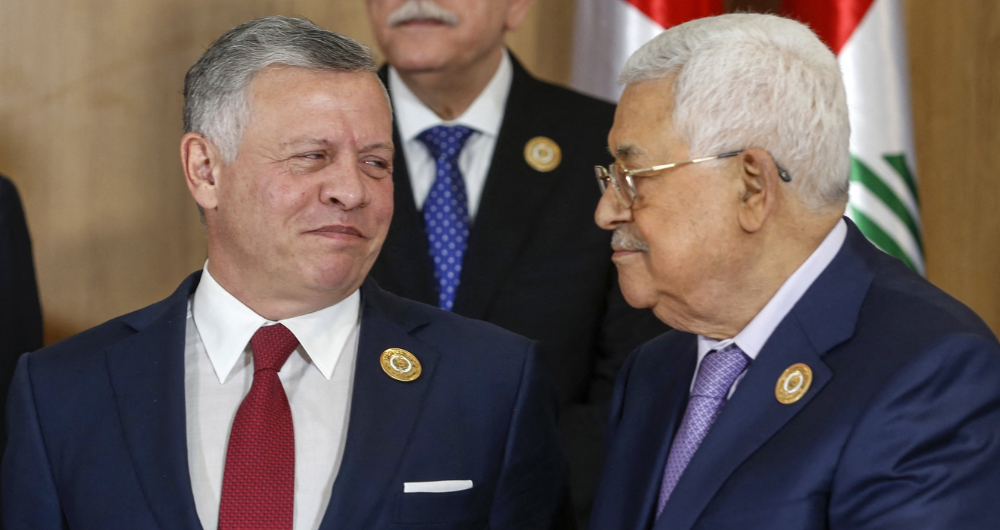
Criticism of Palestinian security forces raises pressure on Abbas



